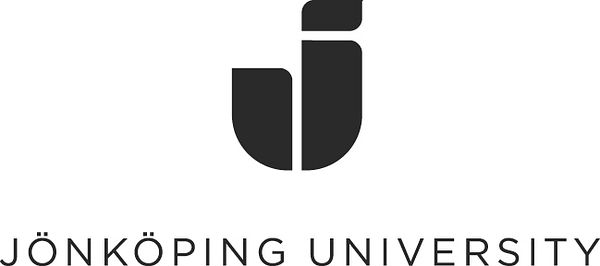
Press release -
A step forward for the light metal of the future
Magnesium is an emerging light metal, but there are still challenges to be solved to make the metal useful in a broader spectrum of applications. With her doctoral thesis about one of the most common magnesium alloys, Hoda Dini at the School of Engineering, Jönköping University, takes the magnesium research one step further.
As the demands for reduced CO2 emissions from cars and aeroplanes have been raised, magnesium has become an increasingly interesting light metal for many cast components used in the automotive and aerospace industries. With a weight of only 70 percent of the weight of aluminium, magnesium offers an opportunity to produce considerably lighter, and thereby more fuel efficient, vehicles.
“Magnesium is a very attractive metal for some industries, but the knowledge about magnesium and different magnesium alloys is still very limited. The industry needs to know what kind of manufacturing methods they should use to obtain certain properties in the material, and research on this is still in its infancy,” says Hoda Dini, Ph.D. student at the School of engineering and author of the new thesis.
The thesis focuses on one specific magnesium alloy, the Mg-Al-Zn alloy AZ91D, which belongs to the most commonly used magnesium alloys. An advantage with this alloy is that it is suitable for high-pressure die casting. This is a manufacturing method which allows for producing complex structures in a relatively easy way.
“One important result of my study is a model showing the correlation between the microstructure of the alloy and its mechanical properties. The microstructure in turn depends on how the casting process is performed, for example the speed with which the material is injected into the dies,” explains Hoda Dini.
A disadvantage of magnesium is that it is not very heat resistant. At elevated temperatures and under long-term loads, the material starts to deform and the component may break down. This behaviour is related to the presence of what is called intermetallic phase in the magnesium alloy. At elevated temperatures this part of the alloy starts to soften.
“An important discovery of this study is that different casting techniques, for example different solidification speeds, will give different amounts of the intermetallic phase,” says Hoda Dini.
Not only the automotive and aerospace industry are interested in magnesium for their products. In her research, Hoda Dini has collaborated with Husqvarna, a company in the gardening and forestry industry. Many of their tools are handheld and by using components of light materials, the weight of the whole product can be reduced.
“For us, it is important to increase our understanding of how we can use magnesium alloys to further reduce the weight of our professional forestry products. Hoda Dini’s research has given us new and valuable knowledge on how the alloy AZ91D works,” says Kaj Torbjörner, who works as a materials engineer at Husqvarna.
Hoda Dini’s thesis is part of the research project CompCAST, which is one of over 30 projects included in SPARK, Jönköping University’s research and education environment focused on knowledge intensive product realization.
Hoda Dini successfully defended her doctoral thesis “As-cast AZ91D Magnesium Alloy Properties: Effects of Microstructure and Temperature” on 8 December.
Related links
Topics
Categories
Jönköping University Foundation is one of three independent institutions of higher education in Sweden offering postgraduate programmes. It is characterised by focused profiles, internationalisation, an entrepreneurial spirit and collaboration with surrounding society. Research and education are carried out at four schools: Jönköping International Business School, School of Education and Communication, School of Engineering and School of Health and Welfare. Jönköping University has some 11,000 registered students, 800 employees and a turnover of approximately SEK 649 million.

